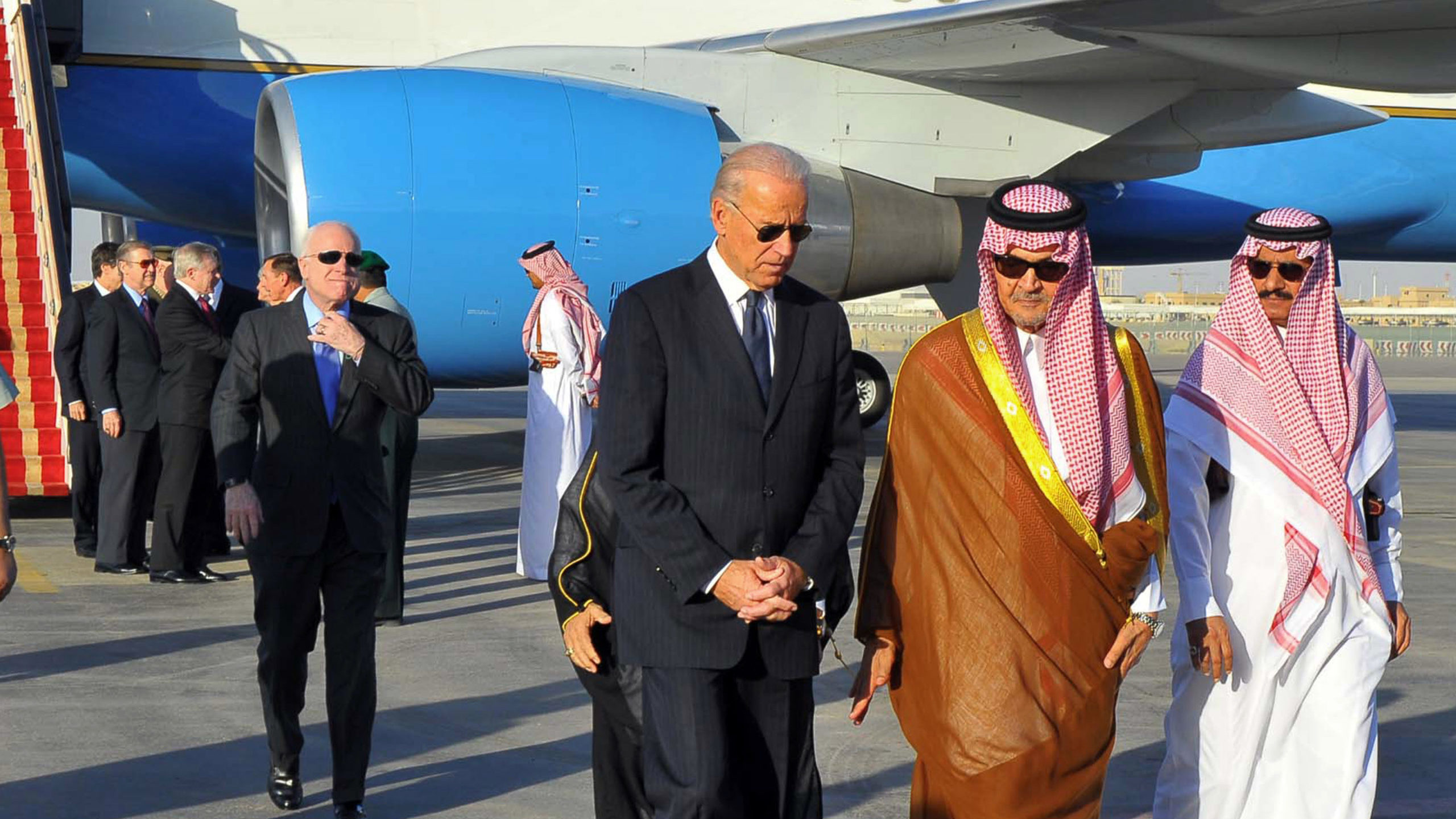On Biden’s Upcoming Visit to Saudi Arabia
An-Nahar, Lebanon, July 8
The most prominent impact of the crisis that emerged in the past few years between the United States and Saudi Arabia was that it prompted the kingdom, alongside a number of other Arab countries who have been allies to the US, to search for new paths in their international relations. When US President Barack Obama stepped into office, he began promoting a policy of appeasement toward Teheran. His hope was that the economic benefits that would come with a nuclear deal would convince the mullahs to mend their ways. This worldview also was shared by the European signatories to the Joint Comprehensive Plan of Action. Unfortunately, the price for Obama’s miscalculation was borne by Middle Eastern countries. Instead of reaping the economic benefits that came together with the nuclear agreement and normalizing its ties with the rest of the world, Teheran insisted on maintaining its expansionist policy in the region. Instead of turning to face its internal problems and work to promote the well-being of its citizens, Iran did the exact opposite. Since President Joe Biden entered the White House, relations between the US and Saudi Arabia continued to worsen. In fact, Biden launched explicit attacks against the kingdom while he was still on the campaign trail. He restricted Saudi Arabia’s purchase of arms for defensive purposes, he removed the Houthis from the list of foreign terrorist organizations, and he succumbed to pressure from the progressive fringes of the Democratic Party regarding the murder of journalist Jamal Khashoggi. And then, after beginning his term in office, Biden sought to revive Obama’s nuclear deal, with all of its flaws and disadvantages, at the expense of his former allies in the Middle East – including Egypt, Jordan and Gulf Cooperation Council states. Thankfully, the crisis brought to light a firm, conscious, mature and experienced Saudi leadership. More importantly, it revealed Saudi Arabia’s political and diplomatic shrewdness. Therefore, it’s surprising to hear some political pundits describing President Biden’s upcoming visit to Saudi Arabia as an opportunity for Riyadh to “break away from its isolation.” The truth is that Riyadh was never isolated. Rather, it was the United States that was isolated due to its illusory foreign policy, inspired by the legacy of President Obama. This policy failed in the Middle East just as it did in Ukraine. Therefore, Biden’s visit should more accurately be described as an American attempt to reconcile with the Arab world. Before the president arrives in the region and touches down on the kingdom’s soil, it would be useful for him and his team to rethink their media tactics regarding the visit, and refrain from downplaying its importance. After all, the Kingdom of Saudi Arabia plays one of the most central roles in the politics of the region. Refusing to acknowledge this fact would empty the expected visit of any strategic importance. – Ali Hamada (translated by Asaf Zilberfarb)


